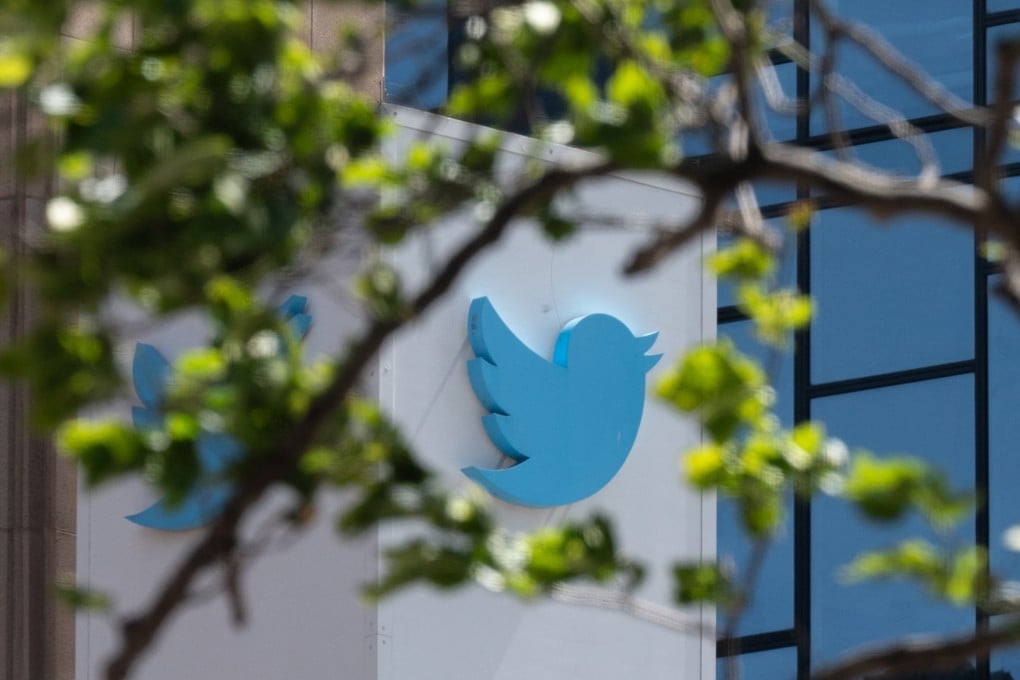Language Matters | From Chaucer via Jitter and Twitch, how Twitter got its name – and why posts were called tweets, not twits
- When Twitter’s founders sought a name for the platform, they considered Jitter and Twitch before settling on ‘twitter’, first used in English by Chaucer
- Posts on Twitter were at first called Twitterings; shortening this to twit, meaning a jibe or a fool, wasn’t on, hence tweet. Dictionary editors soon took note

The Twitterati are bemoaning the demise of their platform, with many tweeting their final declarations and saving important tweets.
It’s difficult to imagine that when Twitter launched, the word “tweet” was not used as a verb or a noun. Those who were there at the very beginning, in July 2006, may remember that the service referred to the tweeting process as “Twittering”, and to users of the service as “Twitter-ers”.
And, of course, pre-Twitter, the word “twitter” was – as it remains – a common verb, meaning, for a bird, to give a call consisting of repeated light tremulous sounds, that is, to chirrup or warble.
The word developed either as imitative of bird calls or perhaps came from West Germanic – it is cognate with the Old High German zwizzirōn, also of imitative origin. It is first documented in English in the late 1300s, during Chaucer’s time.

Some suggest that Chaucer coined or first introduced into English the word “twitter” (as well as about 2,000 other words). But more accurately, it is the case that the earliest extant use of the word is found in his extensive writings.

